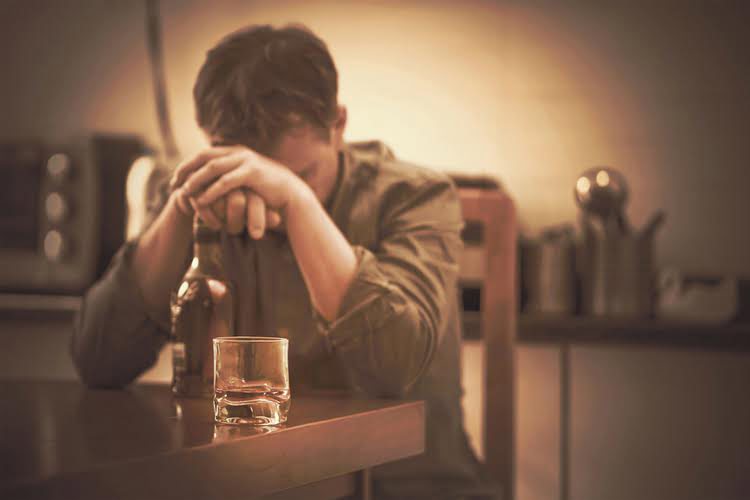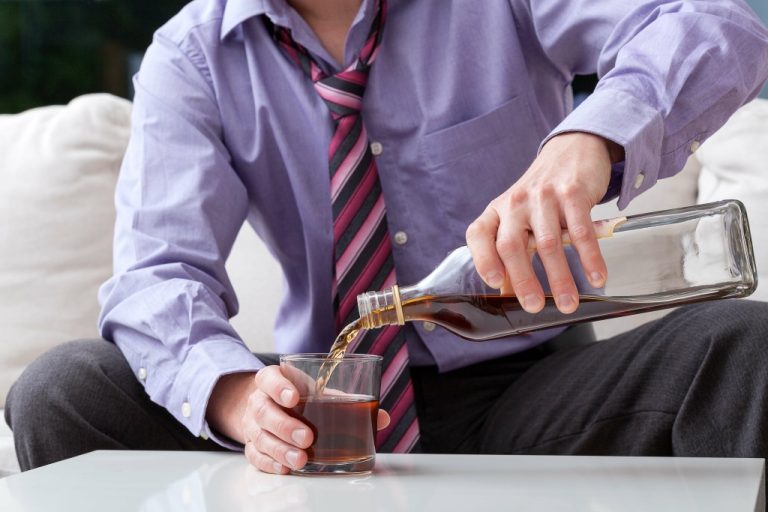Effects of being drunk and what it does to your bodyMoreover, the problem isn’t just the inebriated person’s inaccurately perceiving risk, it’s also their taking risks that are unwarranted, foolish, or precarious. And since one’s intellectual operations are undermined by drink, one is more likely to misperceive the intentions of others and react to them more aggressively. Before becoming so neurologically unconstrained by drink, such sentiments would have been checked. Drunk, they become emboldened—now with an autonomous, and possibly outrageous, voice of their own. The initial euphoric effects of alcohol are a result of dopamine being released from the reward center in the brain. During this stage the effects of alcohol are not apparent or obvious, impairment may be detectable by certain tests, and behavior is nearly normal. 
‘Hangover cure’ coming to Sydney could encourage binge drinking: Opposition
Drinking doesn’t just affect your body—it has profound impacts on your brain and emotions as well. Reducing drinking, or even eliminating it altogether, can lower a person’s risk of these conditions and complications. Delaying emergency care increases the risk of serious health issues, including death. At a BAC of 0.45 or above, you are likely to die from alcohol intoxication. Excessive alcohol use causes approximately 88,000 deaths annually in the United States, according to the Centers for Disease Control and Prevention (CDC). This is your body’s way of reacting to the toxic effects of http://peacekeeper.ru/en/news/32630 too much alcohol. For example, a BAC of 0.05 means that the person’s blood is 0.05% alcohol. You will not be able to breathe normally, and your gag reflex won’t work correctly. This can be dangerous — even fatal — if you choke on your vomit or become critically injured. 
Follow us on social mediaOlder people, people who have little experience drinking, females, and smaller people may have a lower tolerance to alcohol than others. Taking drugs before drinking and/or not eating can also increase the effects of alcohol on the body. You may think that you’re sober once you’re able to walk in a straight line, but that doesn’t mean that you aren’t drunk. Since intoxication can lead to riskier behavior, blackouts can be dangerous. For those who tend to black out when drinking, it can help to have trustworthy friends nearby to keep an eye out. It might also be best for these individuals to avoid excessive drinking.
Exploring What Being Drunk Feels Like: Insights for Healthier Drinking HabitsAs your blood alcohol concentration (BAC) rises, the effects of alcohol on your personality become more pronounced. In addition to physical symptoms, being drunk can lead to a range of emotional and psychological effects. Initially, many people report feeling euphoric, happy, and more social. This is because alcohol stimulates the release of neurotransmitters like dopamine and serotonin, which contribute to these feelings. https://dublindecor.net/home-improvement/cuisine-from-natural-massif.html Alcohol consumption is a common social activity, but the experience of being drunk can vary widely among individuals. This article delves into the physical sensations of being drunk, including common symptoms like dizziness, nausea, and impaired coordination. Discover the power of inpatient treatment: essential for mental health care and holistic recovery.The liver metabolizes alcohol at a rate of about one unit per hour, which is roughly equivalent to 10 milliliters (ml) or 8 grams of alcohol. Understanding your personal alcohol tolerance is key to responsible drinking. Factors such as body weight, metabolism, and alcohol tolerance can influence how alcohol is processed in your body. It’s crucial to be aware of your own limits and to avoid exceeding them. Your personality can change when you drink due to alcohol’s effects on the brain. When you consume alcohol, it is quickly diffused into your bloodstream, reaching your brain within about five minutes. The Experience BlogSigns of being drunk include loss of coordination or balance, poor judgment, slurred speech or vision changes. Alcohol consumption can significantly impair physical coordination and motor skills. It affects the brain’s ability to communicate effectively with the body, leading to unsteady movements, loss of balance, and a lack of fine motor control. Frequent drinking can lead to long-term psychological effects such as depression, anxiety, and increased risk of developing alcohol dependence. Several factors influence how drunk you feel and how your body processes alcohol. Alcohol disrupts the brain’s ability to think clearly and make rational decisions. Alcohol affects everybody differentlyOn the other hand, spacing out alcohol consumption allows the body to process and eliminate alcohol gradually, resulting in a lower BAC and a milder level of intoxication. Body weight and metabolism play a significant role in how alcohol affects an individual. Generally, individuals with higher body weight tend to have a lower blood alcohol https://newshead.ru/rossiyane-priznalis-chto-lechat-koronavirus-opasnymi-metodami/ concentration (BAC) compared to those with lower body weight after consuming the same amount of alcohol. This is because alcohol becomes more diluted in a larger body mass, resulting in a lower concentration in the bloodstream. Mixing Weed and Alcohol: Effects and RisksRecognizing the signs and symptoms of each level can help prevent dangerous situations and allow for timely intervention when necessary. The social environment plays a significant role in the experience of being drunk. Many people enjoy drinking in social settings, where the atmosphere can enhance feelings of happiness and reduce social anxiety. Alcohol acts as a disinhibitor, making individuals feel more relaxed and open in social interactions. The experience of being drunk can be categorized into several stages, each with distinct emotional and physical effects. |
